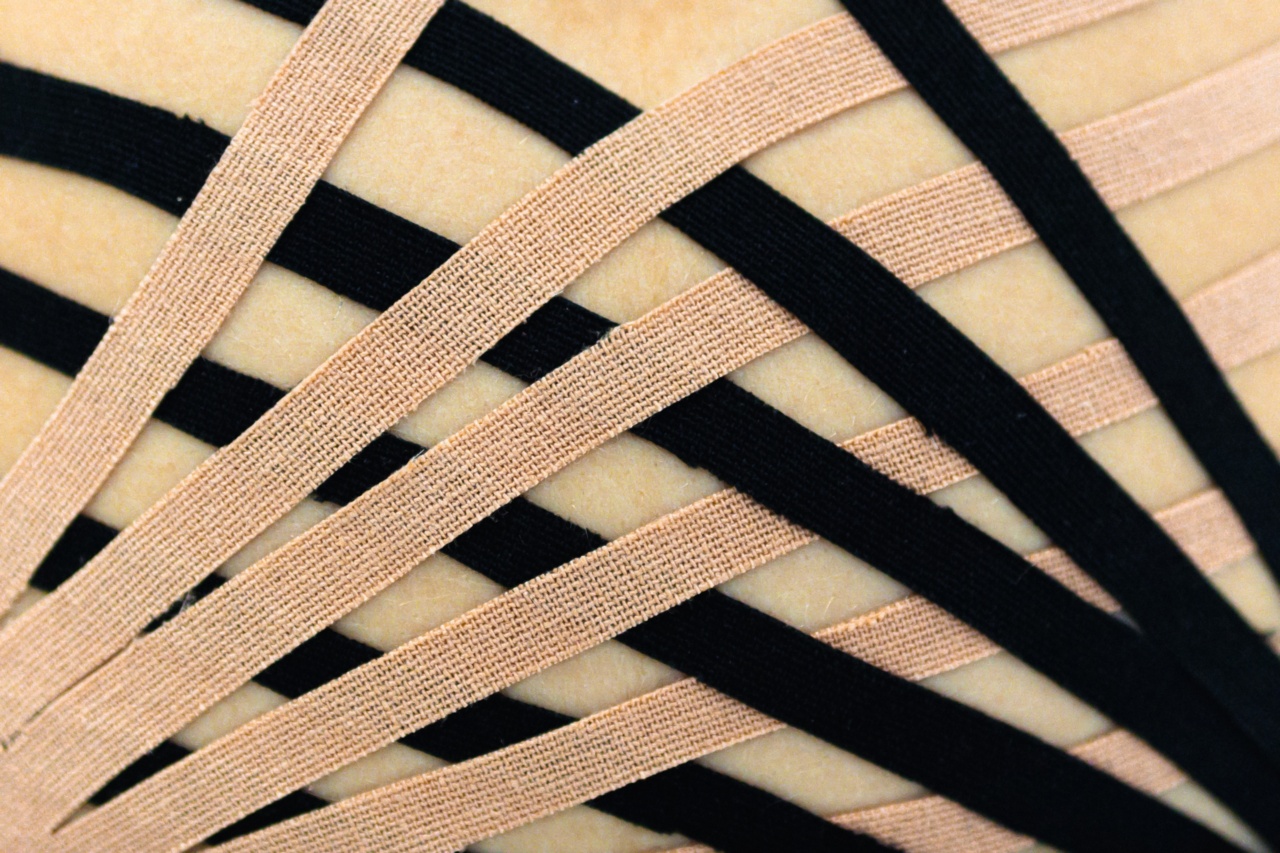Our skin is the largest organ of our body and the most visible one too. It plays an essential role in protecting us from external environmental factors and keeps our bodies together. Skin aging is a natural process and affects everyone as they grow old.
One of the most noticeable signs of aging is the loss of skin elasticity. As the skin loses its elasticity, it becomes saggy, wrinkled, and dull. However, recent research has shown that improving skin elasticity not only makes us look younger, it also boosts our lifespan.
What is Skin Elasticity?
Skin elasticity refers to the skin’s ability to stretch and return to its original position. This is due to the presence of collagen and elastin fibers in the skin’s structure.
Collagen provides the skin with strength and structure, whereas elastin allows it to stretch and bounce back into shape. As we age, the production of collagen and elastin decreases, leading to the loss of skin elasticity.
Additionally, external factors such as pollution, UV radiation, and lifestyle habits like smoking and poor diet can also contribute to the loss of skin elasticity.
How to Improve Skin Elasticity
There are several ways to maintain or improve skin elasticity. Some of these include:.
Eating a Healthy Diet
A diet rich in vitamins and minerals such as Vitamin A, C, E, and zinc can help improve skin elasticity. These nutrients play an essential role in collagen production and repair, thus reducing the signs of aging.
Foods such as green leafy vegetables, citrus fruits, nuts, and seeds are great sources of these nutrients.
Drinking Enough Water
Dehydration can cause the skin to become dry and lose its elasticity. Drinking enough water throughout the day can help keep the skin hydrated, plump, and improve its elasticity.
Using Sunscreen
Excessive exposure to the sun’s UV radiation can cause the skin to lose its elasticity and become damaged. Using a good quality sunscreen with an SPF of at least 30 can help protect the skin from these harmful rays and reduce the signs of aging.
Exercising Regularly
Regular exercise can help improve blood circulation, which in turn promotes collagen production and repair. This can help improve skin elasticity and reduce the signs of aging.
Using Anti-Aging Skincare Products
There are several anti-aging skincare products available that are formulated to improve skin elasticity.
These products usually contain ingredients such as retinol, Vitamin E, and hyaluronic acid, which can help promote collagen production and reduce the signs of aging.
How Improving Skin Elasticity Boosts Lifespan
Recent studies have shown that improving skin elasticity not only makes us look younger, it also boosts our lifespan. This is because the skin and other organs in our body have a similar structural composition.
The same collagen and elastin fibers that give the skin its elasticity are also present in other organs such as the heart, lungs, and arteries. As these organs lose their elasticity, they become stiffer and less efficient, leading to health problems such as high blood pressure, heart disease, and stroke.
By improving skin elasticity, we can also improve the health of these vital organs, which can lead to a longer lifespan.
Additionally, maintaining healthy skin can also boost our mental health and self-esteem, which can lead to a better quality of life.
Conclusion
Improving skin elasticity is not just about looking younger, it’s also about promoting overall health and longevity. By taking care of our skin, we can also take care of other vital organs in our body and lead a healthier, happier life.





























